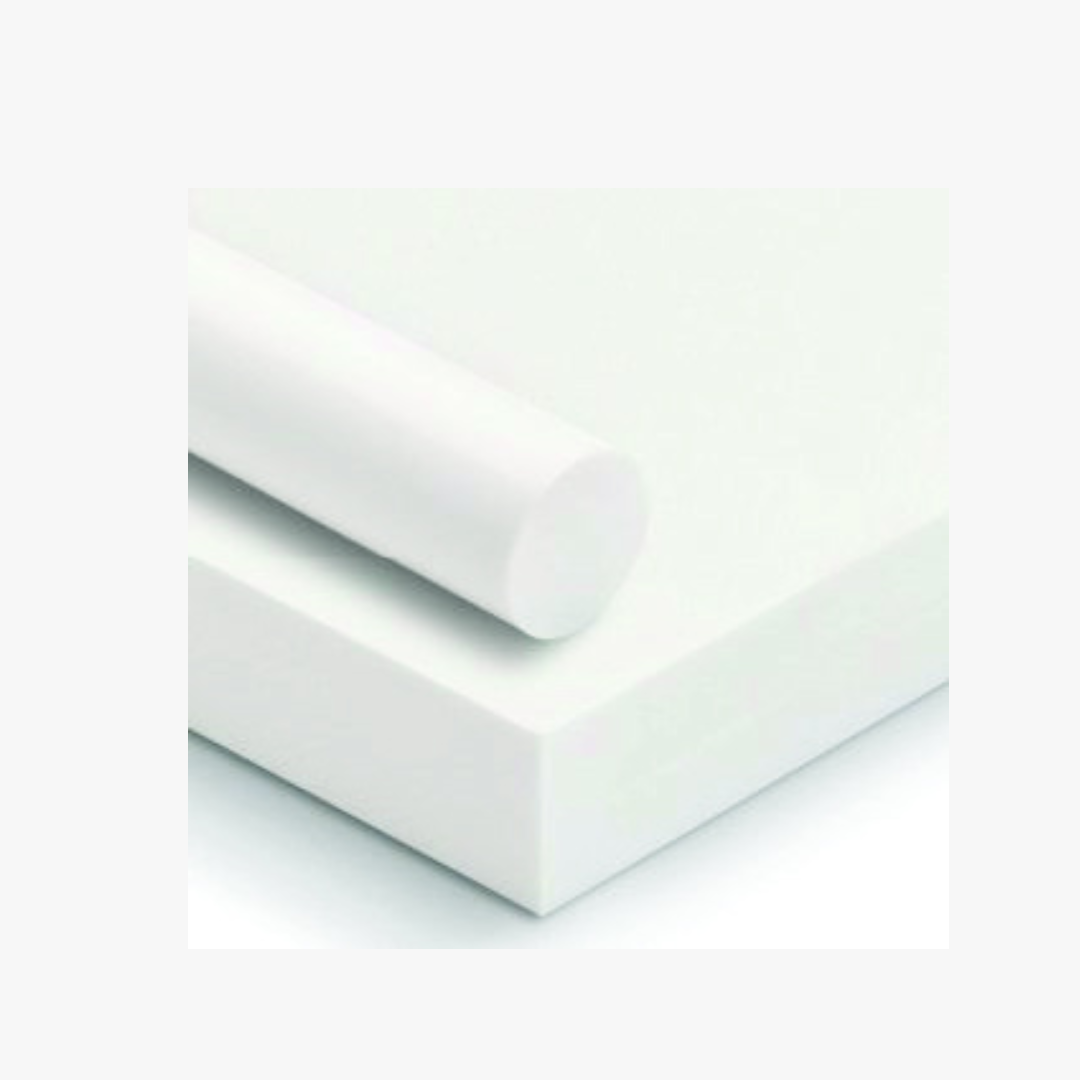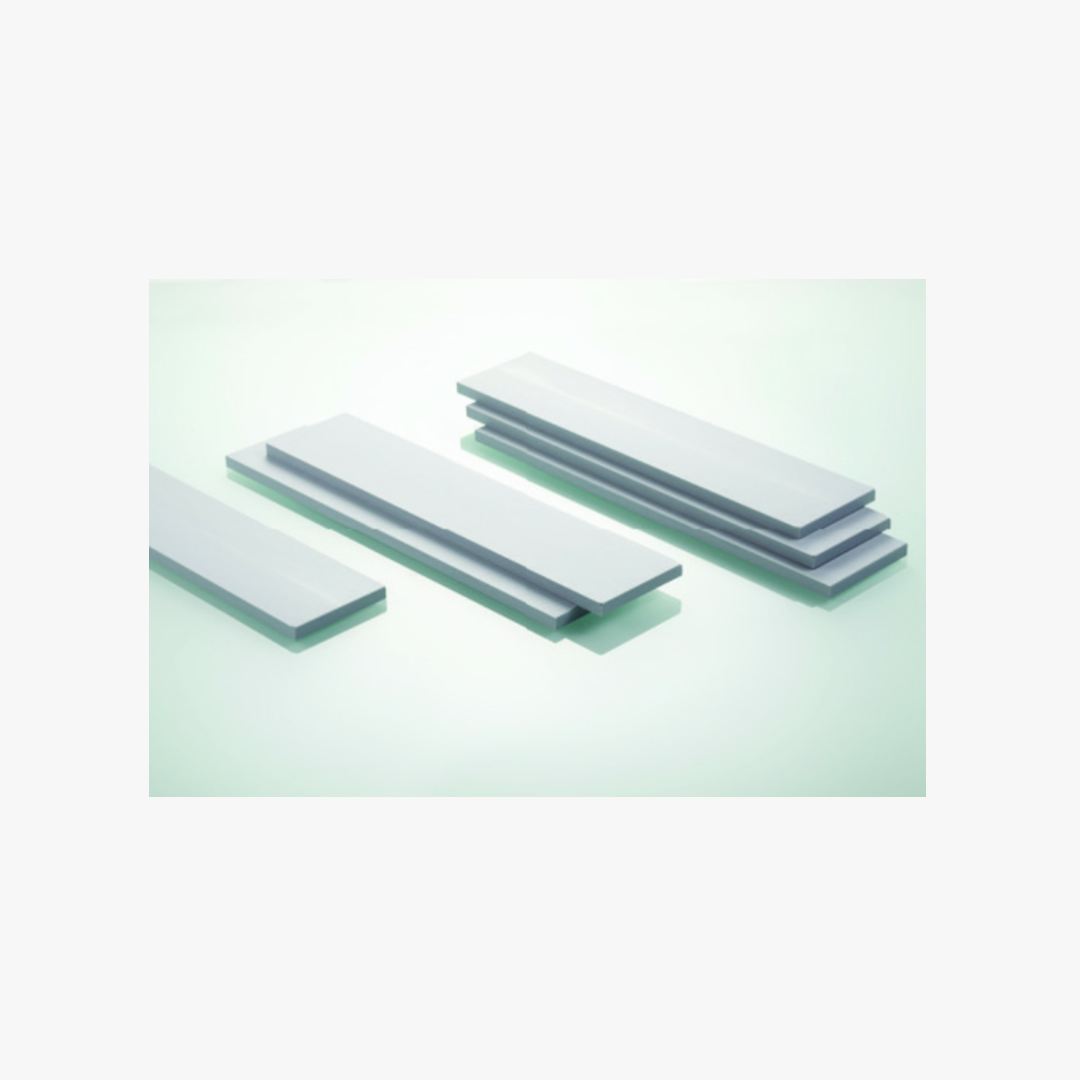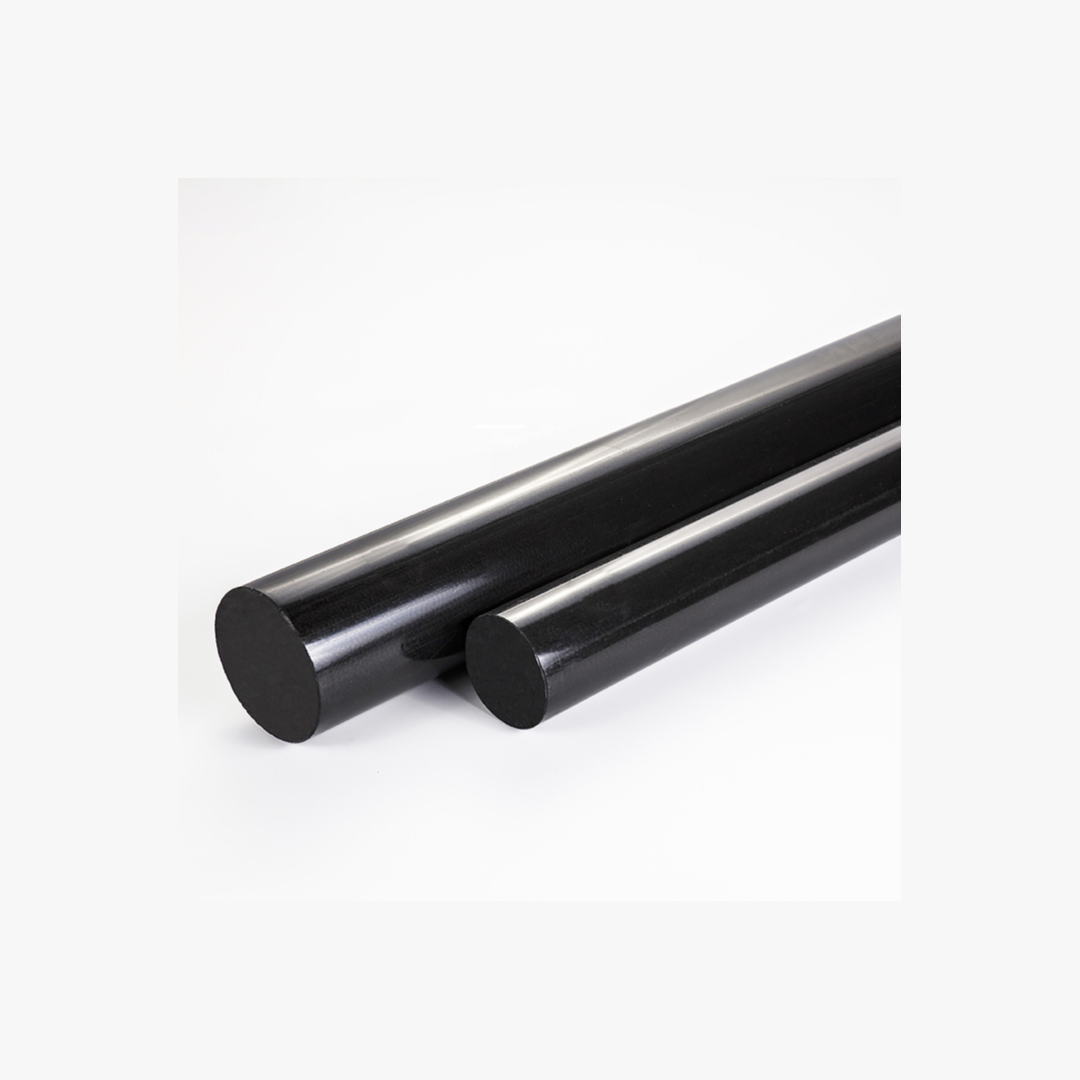Polyester (PET)
₹100.00 Original price was: ₹100.00.₹90.00Current price is: ₹90.00.
PET (Polyethylene Terephthalate) has a high degree of crystallinity, high mechanical strength and excellent dimensional stability. Rigid and impact resistant, PET is perfect for sliding applications. These characteristics are maintained within harsh environments. The dimensional stability is sustained even under extreme heat, lasting almost to its melting point of 250 °C. PET is commonly used for mechanical, automotive, precision, electrical and communication engineering. Perfect for replacing metals, PET is able to reduce price, weight and production time. To enhance the mechanical properties of PET, a solid PTFE lubricant is added to the basic polyethylene terephthalate polymer, creating PETP- TF.
With our workshop in Sydney, B Plastic is able to machine components efficiently and with minimal tolerances.
Polyester (PET)
Applications
Applications Include:
- High Tolerance Gears
- Precision Guides & Rails
- Conveyor Rollers
- Distribution Valves
- Plain Bearings
- Plug Connectors
Standard Sizing
Rod (NATURAL) 1M Lengths:
Rod (PETP-TF) 1M Lengths:
Sheet (NATURAL & PETP-TF) 2M X 610MM:
RELATED PRODUCTS
HDPE (High Density Polyethylene)
Nylon (PA)
PEEK (Polyetheretherketone)
PEEK material (polyetheretherketone) is a high-performance semi-crystalline engineering thermoplastic with outstanding harsh chemical resistance, very low moisture intake, good fire performance, excellent mechanical strength across a broad temperature range, and good dimensional stability. PEEK plastic is tough, strong, and rigid, with superior creep resistance, and is excellent for applications where thermal, chemical, and combustion properties are critical to performance. PEEK material retains its stiffness and strength for use in harsh high-pressure and high-temperature (HPHT) environments. PEEK is often used as the body for electrical connectors to minimize thermal expansion, provide chemical resistance, and to promote effective sealing. PEEK materials for a variety of sealing system components, as well as sensor housings and numerous high-performance applications in aircraft engines and other demanding environments. With our workshop in Brisbane (QLD), B Plastics is able to machine components efficiently and with minimal tolerances.
Teflon (PTFE)
The properties of PTFE (Polytetrafluoroethylene) derive from its chemical structure, consisting of a bond of carbon and fluorine. PTFE is also known as an almost universal chemical resistance. The low co-efficient of friction as well as minimal abrasion wear create an excellent material for sliding applications. Additionally, PTFE will operate consistently within harsh UV and extreme heat environments, including temperatures up to 260°C. PTFE also has excellent electrical properties, allowing use within high voltage applications. PTFE is a physiologically inert material. Physiologically Inert materials are too dense to absorb bacteria or liquid, preventing it from expanding or contracting. As a result, PTFE is excellent for applications within the food or beverage industry.
With our workshop in Brisbane (QLD), B Plastic is able to machine components efficiently and with minimal tolerances.
Ultra High Molecular Weight Polyethylene (UHMWPE)
In the same polyethylene family as HDPE, Ultra-High Molecular Weight Polyethylene (UHMWPE) is dense, strong and abrasion-resistant. It’s especially well suited for holding up against wear from constant friction between moving parts. UHMWPE is fairly low cost and can be used for a wide variety of applications. Though it can be fabricated and machined, it’s not as well suited to forming specific shapes as HDPE. However, it is generally able to hold up better against friction and wear over time. Relevant for food related applications, UHMWPE is compliant with FDA/BfA requirements and is physiologically inert.
With our workshop in Brisbane (QLD), B Plastic is able to machine components efficiently and with minimal tolerances.




